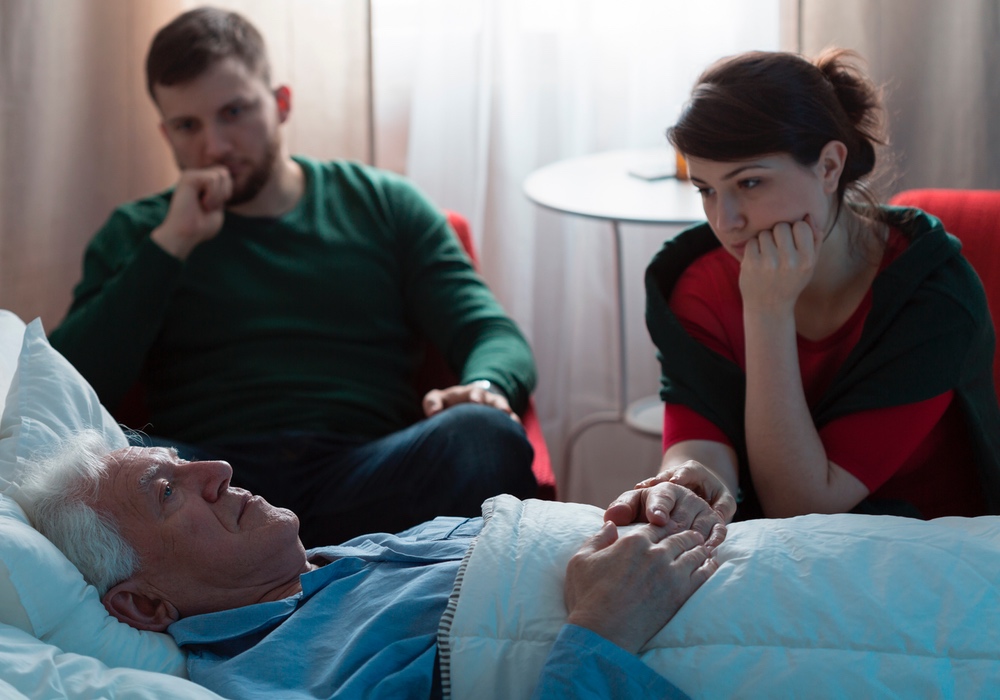Agitation rarely makes life easier for anyone. That's the idea behind giving antipsychotic drugs to seriously ill people who are suffering from delirium, often as a result of treatments they are receiving. Unfortunately, these drugs not only don't help, they seem to be making matters worse, a new Australian study finds.
Antipsychotic drugs have been used to calm distressed patients since the 1950s, when they were found to reduce the symptoms of schizophrenia. They are also now used to treat the delirium that often accompanies severe or terminal illnesses, despite limited evidence that they are effective.
Delirium is a disturbed state of mind characterized by restlessness, delusions and incoherent thought and speech. It's distressing to patients, to their relatives and caregivers. Since so many patients receiving end-of-life care suffer from it, there's broad agreement that it's a problem in need of a solution.A study to determine whether antipsychotics actually do help reduce delirium's more distressing symptoms.
It's not just that symptoms of delirium were worse in patients who were given these drugs. They were also likelier to die during the course of the study, even though they only took the drugs for 72 hours.
As you might expect, the study authors concluded that antipsychotics are not appropriate for these patients.
People with serious or incurable illnesses still need care. Easing their symptoms and helping them be comfortable is part of what is known as palliative care. Up to four in 10 people admitted to a palliative care unit show symptoms of delirium, with more developing these symptoms towards the end of life.
Most trials of antipsychotics' ability to treat delirium symptoms have been flawed, according to the authors. They performed their own randomized, controlled double-blind study — the gold standard — to test whether risperidone and haloperidol actually did help reduce delirium's more distressing symptoms, such as inappropriate speech, inappropriate behavior, delusions and hallucinations.
They didn't.
Delirium scores averaged 0.48 units higher for people taking risperidone and 0.24 units higher for people taking haloperidol, compared to those taking placebo. Patients taking risperidone or haloperidol also showed more of the side effects of antipsychotic drugs, such as tremor and excess salivation.Up to four in 10 of people admitted to a palliative care unit show symptoms of delirium, with more developing these symptoms towards the end of life.
People who took either antipsychotic, particularly those who took haloperidol, were 73% more likely to die during the course of the study.
That's a rather drastic way to reduce mental confusion.
If they're ineffective, why have antipsychotics been used so long? An invited commentary traces their use back to the power of a 1950s advertisement for Thorazine that shows an older white-haired man wielding a cane in threatening fashion.
Sixty years from now, will people be making similar comments about some of today's drug ads?
Both the study and the commentary appear in JAMA Internal Medicine.





